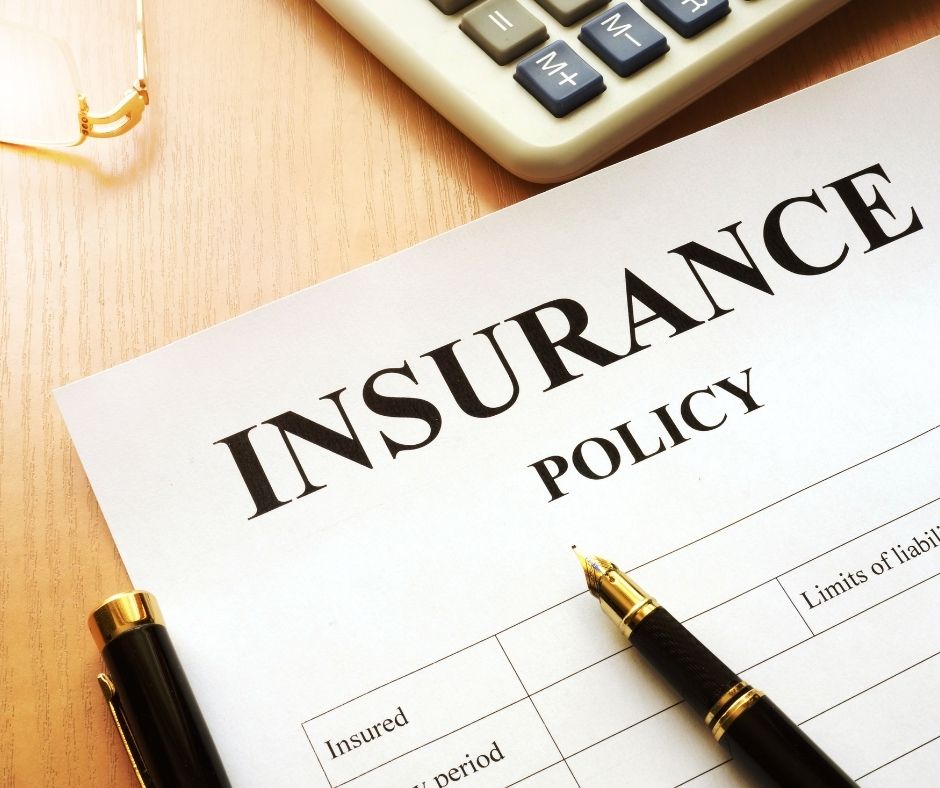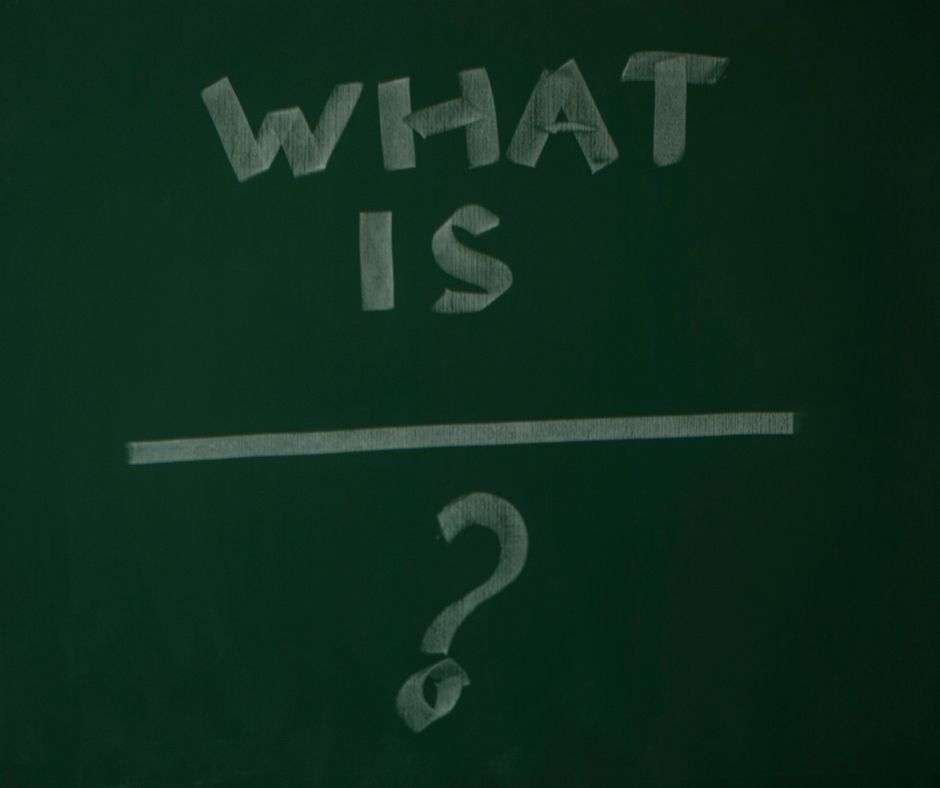how much is a funeral
cheap funeral homes near me

The choices here apply only if the deceased has not made arrangements for their funeral ahead of time. While this isn't technically legally required, it's nevertheless a possibility. The responsible party could include the executor, relatives or a mixture of family members and government assistance.
These numbers do not include markers, flowers, caskets for cremation or burial costs for families that choose to place in the graves of their beloved relatives.
The most affordable method can be direct cremation. The most effective approach is to consider what you won't be required to pay for.



